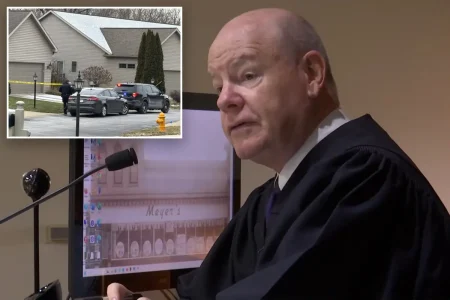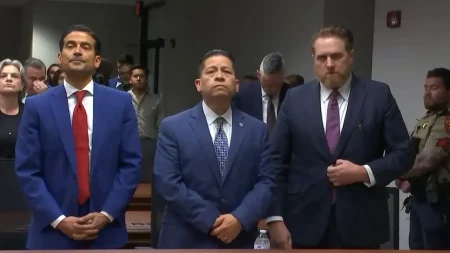Trump’s Defamation Case Against E. Jean Carroll Proceeds Despite Immunity Claims
A federal appeals court has handed former President Donald Trump a significant legal setback in his ongoing legal battle with writer E. Jean Carroll. The judges firmly rejected Trump’s argument that the Supreme Court’s recent presidential immunity decision should protect him from Carroll’s defamation lawsuit.
The ruling represents a critical moment in the lengthy legal saga between Trump and Carroll, who accused the former president of sexually assaulting her in the 1990s and then defaming her when he publicly denied her allegations while serving as president. Trump had hoped to leverage the Supreme Court’s July decision in Trump v. United States, which granted presidents broad immunity for official acts, to shield himself from Carroll’s claims. However, the appeals court determined that Trump’s statements about Carroll were personal in nature rather than official presidential actions, placing them outside the scope of presidential immunity.
This decision reinforces an important boundary in presidential power – while presidents may receive certain protections for actions taken in their official capacity, they remain accountable as private citizens for personal conduct and statements. The court’s reasoning highlights that even the nation’s highest office does not provide unlimited legal protection, particularly when a president’s words and actions extend beyond governmental functions. For Trump, who has frequently sought to blur the lines between his personal and presidential identities, this ruling represents a significant limitation on his ability to use his former office as a legal shield.
The case now moves forward with Trump facing the consequences of a jury’s previous finding that he did sexually abuse Carroll and then defamed her through his denials. That jury had already awarded Carroll $5 million in damages, and this latest ruling keeps alive her separate defamation lawsuit seeking $10 million. The court’s decision reflects the judiciary’s ongoing efforts to balance respect for the presidency with the principle that no American, regardless of their position, stands entirely above the law.
For Carroll, the ruling represents vindication in her years-long effort to hold Trump accountable for both his alleged actions in the Bergdorf Goodman department store decades ago and his subsequent public statements questioning her credibility and character. Her persistence through multiple legal challenges illustrates the often arduous path faced by those seeking justice against powerful figures, particularly in cases involving allegations of sexual misconduct.
As this case continues to unfold alongside Trump’s numerous other legal challenges, it serves as a reminder of the complex intersection between presidential power, personal accountability, and the judicial system’s role in resolving such tensions. The ruling demonstrates that while former presidents retain certain protections for their official acts, the courts remain willing to draw clear lines when those protections are inappropriately invoked to escape liability for personal conduct. For both Trump and Carroll, and for the American public watching this case develop, the decision reinforces that even after leaving office, a former president’s words and actions continue to have legal consequences.







